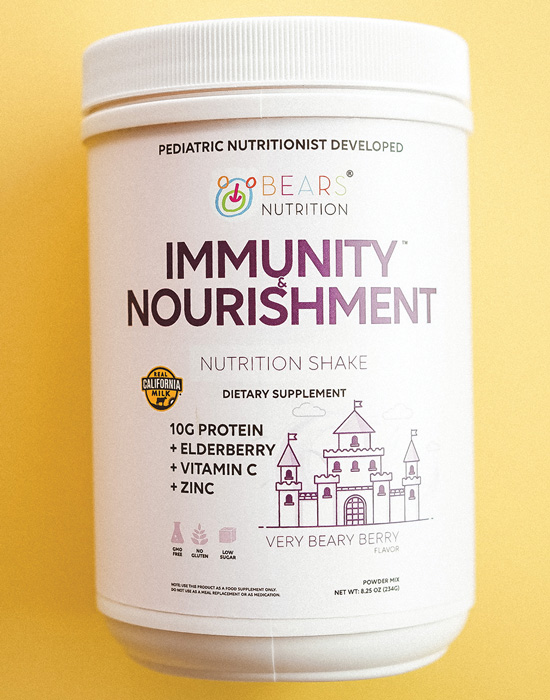Pandemic Propels Startup Growth
STARTUPS & INNOVATORS
Not all pandemic business news is negative. For some food and beverage entrepreneurs, COVID-19 was a growth catalyst.
Indeed, as the pandemic spread, Americans stayed home to eat and investigated new products and brands, even as they also stocked up on traditional comfort foods. E-commerce sales exploded. Many consumers clustered purchases around specific functional or nutritional benefits such as hydration and immunity.
In Illinois alone, headquarters for food and beverage companies increased to 373 in 2020 from 84 in 2019, market data provider PitchBook reports. The number of funding deals also quadrupled, to 390 from 96, indicating that pandemic opportunities motivated many investors rather than just drawing in money that was sitting on the sidelines. Meanwhile, pandemic consumption accelerated the shift toward smaller manufacturers, which along with private labels picked up 1.3 points in market share, or $12.1 billion in sales, last year, according to IRI. The question now for the entrepreneurs who started or expanded businesses during the pandemic is whether they can sustain their initial traction for the long term.
David Sheu believes he can. He co-founded Bears Nutrition in 2019 to market milk-based nutritional shake powders for kids, and the startup notched the grand prize of $250,000 in a California dairy accelerator competition. Bears was on trend as parents sought healthy snacks for kids who were learning at home instead of at school. And one of its three SKUs is a nutrition shake mix, called Immunity & Nourishment, formulated with elderberry, vitamin C, and zinc. Post-pandemic, Bears is looking to add a ready-to-drink beverage that will help the company expand beyond e-commerce.
HelloWater identified immunity as a sticky benefit too. The company started as a provider of bottled water enhanced with soluble fiber from chicory root, but Rusty Jones, co-founder and CEO, recently struck a deal with Brandt, an agricultural research outfit, to market a new drink, called HelloWater Defense, that delivers immunity benefits.
“You could see through Google Analytics that ‘immunity’ was trending, and we had an opportunity to build the next immunity-type product,” Jones explains. The new HelloWater offering “creates an immunity shield while eliminating toxins from the body,” he says. “Our partner had been sitting on the technology and looking to bring it to life in a consumer product.”
Consumer interest in immunity-boosting food and drink nearly doubled over the past year, according to Spoonshot, which uses AI to analyze and predict food trends. Another trend accelerated and even institutionalized by the pandemic is the shift toward online grocery shopping for pickup and delivery, and startups that began via e-commerce enjoyed huge advantages during COVID.
“An omnichannel strategy is key for both convenience and discovery, and to propelling a brand forward,” says Sarah Foley, a partner at SWAT Equity Partners, a venture capital firm that’s active in foods and beverages.
Patrick Schnettler started a company called 12 Tides that produces organic puffed snacks made from kelp seaweeds that are cultivated in North America. Schnettler says it was “early enough in our business that we were able to adjust our strategy and focus on channels that were going to be attractive despite COVID: online, third-party online, and some retail partners who have been great.”
Now, of course, more Americans are returning to shopping supermarkets for their groceries, giving retailers space to “encourage consumers to come in and spend time in the store rather than rush out,” says Kishan Vasani, co-founder and CEO of Spoonshot. There may be an opportunity to woo consumers whose savings rose during the pandemic. “They’re going to be ready to spend now,” he says.
Many startups bet heavily that wariness of the virus would prompt more Americans to turn to plant-based products to boost their overall health and to address sustainability concerns. Consumer interest in plant-based foods increased by 7% last year, according to Spoonshot, while investor interest in the category ballooned by 25%.
Sheu is among those pointing out that many consumers became more interested in animal-based nutrition during the pandemic as well. Milk product sales are growing less quickly than plant based. “But it’s a much bigger space to begin with,” he notes. “It’s like the difference between the markets for gas-powered and electric cars.”
But startups must be careful about their narratives as the pandemic wanes. For instance, Spoonshot predicts a 30% decline in interest in immunity benefits for 2021.
“If immunity is working, nothing happens,” Vasani says. “This can be quite dissonant for a results-driven [consumer]. That’s why we feel that immunity claims may be a flash-in-the-pan trend and we will see companies move away from them as consumers do the same.”


